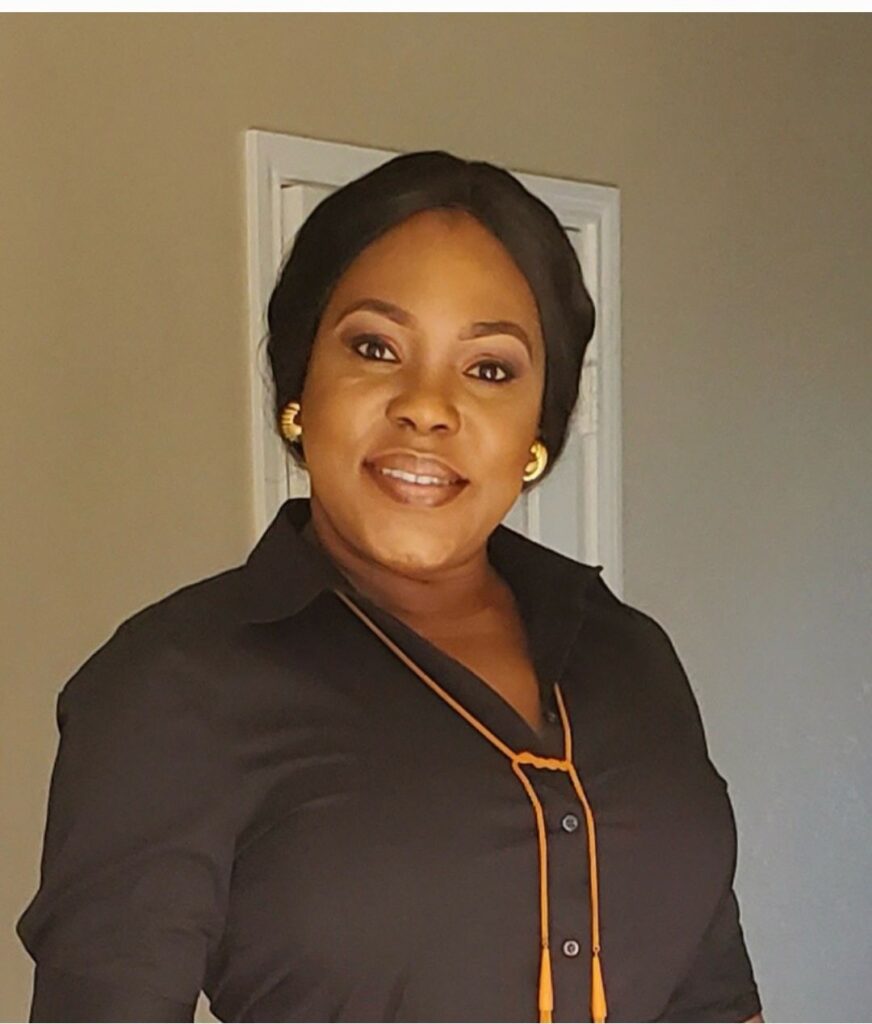Understanding Autism in Africa: Breaking Stigma and Building Support in Nigeria
Autism is a growing topic of conversation across the world, but in Africa—and particularly in Nigeria—cultural beliefs continue to shape how autism is understood, diagnosed, and treated. At Bethel Xafe Autism Foundation, we believe that by shedding light on these challenges, we can help families, educators, and communities create a brighter future for autistic children.
If you’re searching for reliable autism foundations in Nigeria, or want to learn more about autism in Nigeria and autism in Africa, this article will help you understand the realities many families face—and the positive changes already underway.
Cultural Beliefs and Autism in Africa
By Dr. Oluwatosin Akande
In many African communities, autism is not recognized as a clinical condition. Instead, it is often misunderstood through traditional or spiritual lenses. Families frequently attribute autism to witchcraft, curses, or ancestral wrath.
For a better understanding of what autism really is, we recommend reading our guide on Understanding Autism.
In Nigeria, it is not uncommon for families to seek traditional healers or spiritual deliverance instead of professional help. This stigma causes many parents to hide their children or delay diagnosis. Fortunately, awareness campaigns and grassroots education are starting to challenge these outdated perceptions.
Diagnosis and Health-Seeking Challenges
Accurate diagnosis is one of the biggest challenges surrounding autism in Nigeria. Many parents first turn to prayer houses or herbalists before ever seeing a medical professional. The result? Children often go undiagnosed until their symptoms are severe, or they miss early intervention completely.
Due to a severe lack of trained professionals and diagnostic services, many families rely on community knowledge and informal guidance. If you’re in this situation, please explore our Autism Resources page for helpful guides, toolkits, and local contacts.
Schooling and Social Support
Stigma doesn’t stop at diagnosis. It follows autistic children into the classroom, where teachers may not have the tools—or the training—to accommodate their needs. Some schools have no autism programs at all. In extreme cases, children are excluded or punished due to misconceptions.
We regularly share helpful insights in our blog series like Letters to Parents, where we discuss how to advocate for your child’s educational needs and rights.
For those just beginning their autism journey, our weekly Dear Starters blog posts provide simple, actionable tips for navigating early experiences.
Policy and Advocacy Efforts
Thankfully, there’s growing momentum. Autism foundations in Nigeria like Bethel Xafe Autism Foundation are working hard to shift both policy and public opinion. From running parent trainings to educating community leaders, we’re doing the groundwork to push for inclusive health and education systems.
Learn more about Our Approach—how we’re promoting culturally respectful awareness, early screening, and inclusive practices across Nigerian communities.
NGOs, parent associations, and local advocates are also teaming up to challenge harmful narratives. By working hand-in-hand with faith leaders and traditional authorities, these groups are tackling misinformation head-on.
The Path Forward
Progress may be slow, but it is happening. More parents are speaking out. More communities are asking questions. And more professionals are stepping up to offer support.
We encourage parents, caregivers, and educators to continue learning, speaking out, and connecting with reliable support systems. You’re not alone—and the more we talk about autism in Africa, the more we create a world of understanding and inclusion.
Conclusion
Autism is not a curse—it’s a different way of experiencing the world. Through advocacy, education, and compassion, we can create an Africa where autistic individuals are supported, empowered, and celebrated.
If you’re seeking support or want to connect with others walking the same path, start by visiting our Resources page, or follow our blog series for weekly encouragement: Dear Starters and Letters to Parents.
Together, we can shift the conversation around autism in Nigeria—and across Africa—for good.

